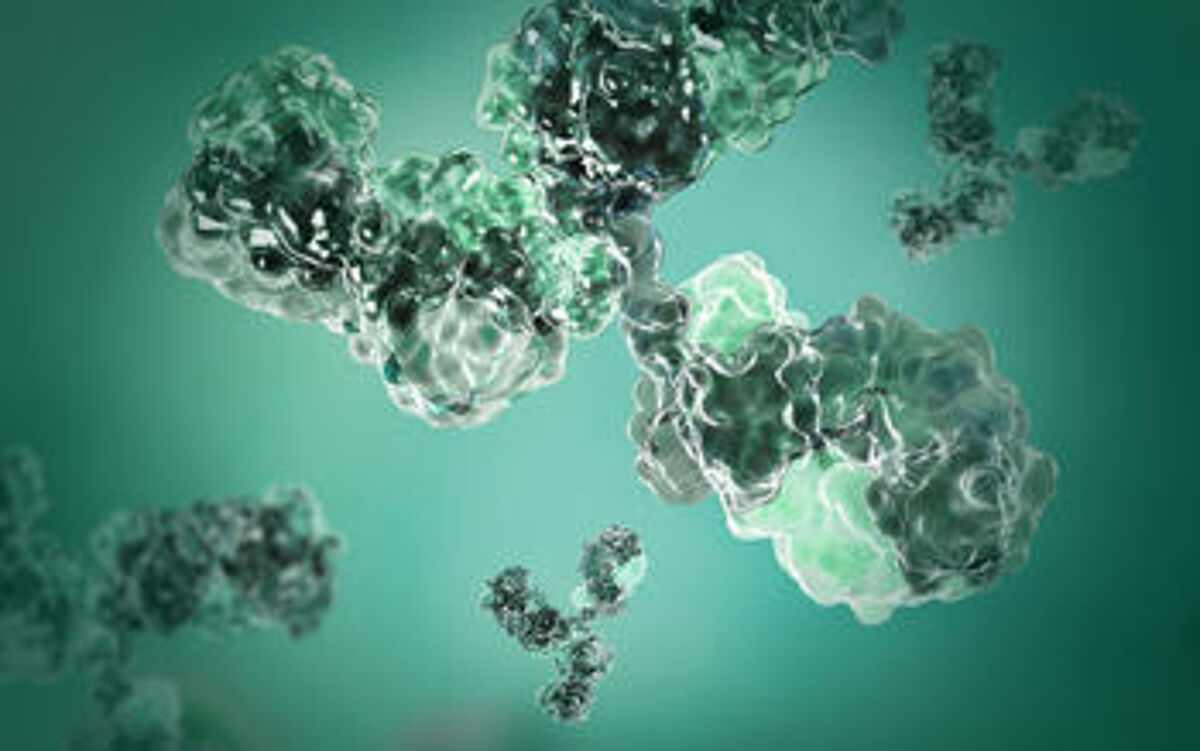Protein Reagents: Essential Tools for Modern Biotechnology
Wiki Article

Understanding Protein Reagents
Protein reagents are fundamental components in the field of molecular biology and biotechnology. They consist of purified proteins or protein derivatives that are used to facilitate a wide range of experimental and industrial processes. These reagents play a critical role in research, diagnostics, and therapeutic development, acting as catalysts, markers, or functional agents to drive specific biochemical reactions. Their purity, stability, and functional activity are essential for ensuring accurate and reproducible results in any experimental setup.
Applications in Research
In modern laboratories, protein reagents are indispensable for understanding cellular mechanisms and protein interactions. Researchers rely on them for enzyme assays, Western blotting, immunoprecipitation, and other molecular techniques. They enable scientists to study protein functions, signaling pathways, and disease mechanisms in detail. The availability of highly specific protein reagents allows for precise targeting in experiments, leading to reliable data that advances both basic and applied research.
Role in Therapeutics and Diagnostics
Protein reagents extend beyond research into therapeutic and diagnostic applications. They are used in the production of vaccines, monoclonal antibodies, and other biologics that are crucial for treating various diseases. In diagnostics, protein reagents help detect biomarkers for conditions such as cancer, infectious diseases, and autoimmune disorders. Their specificity and sensitivity make them valuable tools for early detection and monitoring of disease progression, improving patient outcomes and supporting personalized medicine initiatives.
Quality and Manufacturing Considerations
The effectiveness of protein reagents depends heavily on their quality and manufacturing process. Stringent purification techniques, proper storage conditions, and rigorous quality control are necessary to maintain their stability and functional integrity. Manufacturers must ensure consistency across batches, as variations can affect experimental reproducibility and therapeutic efficacy. Advances in recombinant protein technology and high-throughput production methods have significantly improved the availability and reliability of protein reagents for both research and clinical use.
Future Prospects
The demand for protein reagents is expected to grow as biotechnology and life sciences continue to expand. Emerging fields such as proteomics, synthetic biology, and precision medicine rely heavily on specialized protein reagents to drive innovation. New developments in protein engineering and modification techniques promise reagents with enhanced specificity, stability, and multifunctional capabilities. These advancements will continue to support cutting-edge research and therapeutic development, solidifying the importance of protein reagents in the future of science and medicine.